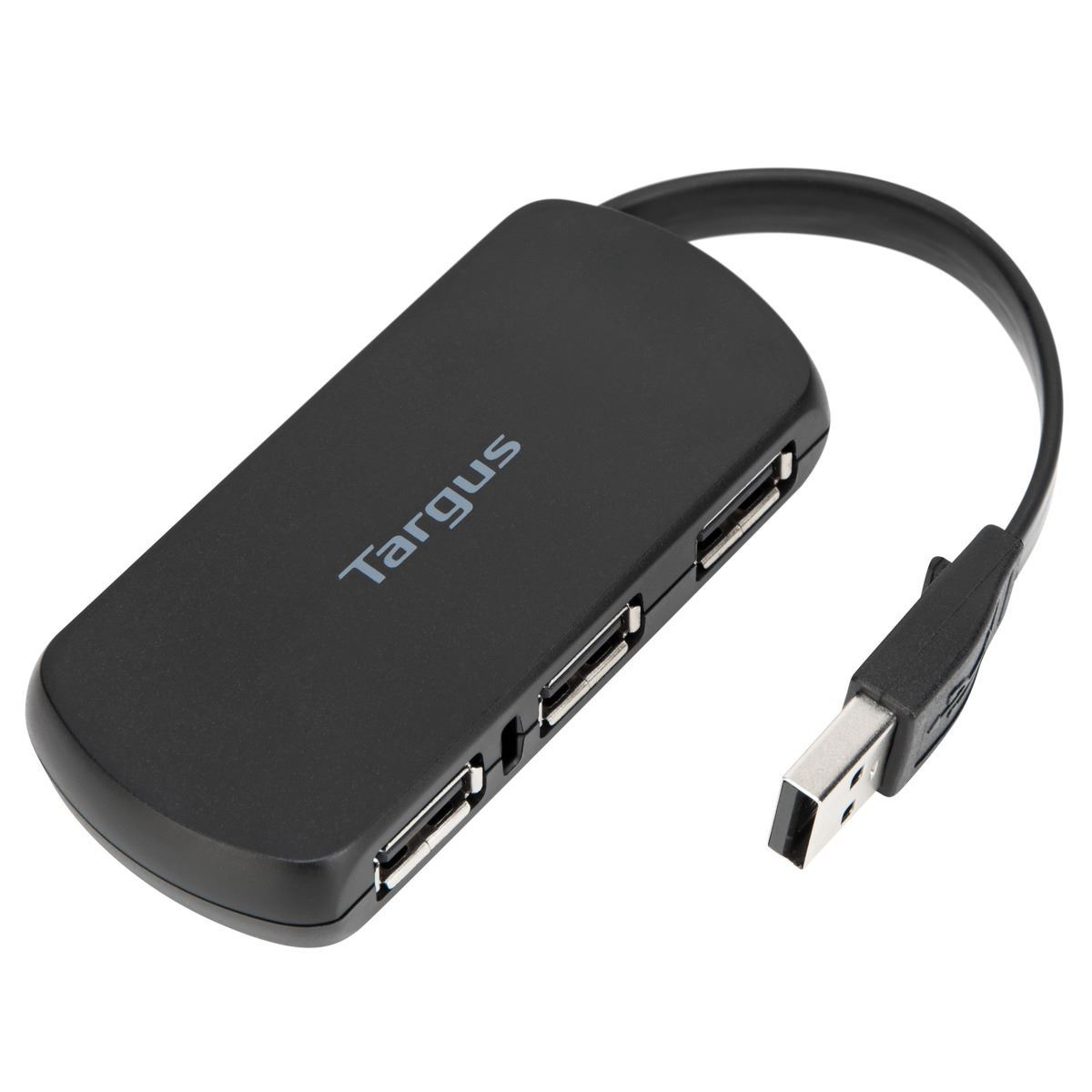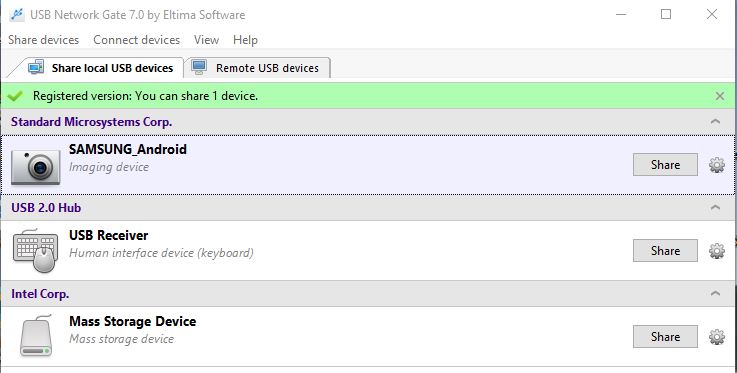Drivers Standard Microsystems USB Devices
- Drivers Standard Microsystems Usb Devices Download
- Drivers Standard Microsystems Usb Devices Pc Camera
The i.MX6 universal serial bus (USB) driver implements a standard Linux driver interface to the CHIPIDEA USB-HS On-The-Go (OTG) controller. The CHIPIDEA USB controller is enhanced host controller interface (EHCI) compliant.
- This page contains drivers for SMC 2202 USB manufactured by SMC (Standard Microsystems)™. Please note we are carefully scanning all the content on our website for viruses and trojans. This and other Network Adapters drivers we're hosting are 100% safe. Vendor: SMC (Standard Microsystems)™ Device: SMC 2202 USB.
- Universal Serial Bus (USB) is a communications architecture that gives a personal computer (PC) the ability to interconnect a variety of devices using a simple four-wire cable. The USB is actually a two-wire serial communication link that runs at either 1.5 or 12 megabits per second (mbs). USB protocols can configure devices.
This is the RS232 driver for the USB adapter. The USB 4-Port Serial Adapter instantly adds four RS-232 serial communication ports to your system by taking advantage of the USB bus.
The ConnectCore 6 system-on-module has one USB OTG port with integrated PHY and three USB Host ports.
Kernel configuration
You can manage the USB Host support through the kernel configuration options:
- Support for Host-side USB (CONFIG_USB)
- EHCI HCD (USB 2.0) support (CONFIG_USB_EHCI_HCD)
- ChipIdea Highspeed Dual Role Controller (CONFIG_USB_CHIPIDEA)
- ChipIdea device controller (CONFIG_USB_CHIPIDEA_UDC)
- ChipIdea host controller (CONFIG_USB_CHIPIDEA_HOST)
- Freescale MXS USB PHY support (CONFIG_USB_MXS_PHY)
You can manage the USB OTG support through the kernel configuration option:
- OTG support (CONFIG_USB_OTG)
All kernel configuration options are enabled as built-in on the default ConnectCore 6 SBC kernel configuration file.
Platform driver mapping
The i.MX6 USB Host driver is located at drivers/usb/.
| File | Description |
|---|---|
| chipidea/core.c | Chipidea IP core driver |
| chipidea/udc.c | Chipidea peripheral driver |
| chipidea/host.c | Chipidea host driver |
| chipidea/ci_hdrc_imx.c | i.MX glue layer |
| chipidea/usbmisc_imx.c | i.MX SoC abstract layer |
| phy/phy-mxs-usb.c | i.MX USB physical driver |
The USB OTG driver for the ConnectCore 6 system-on-module includes the USB Host driver sources and the following sources located at driver/usb/chipidea.
| File | Description |
|---|---|
| otg.c | Chipidea OTG driver |
| otg_fsm.c | Chipidea OTG HNP and SRP driver |
Device tree bindings and customization
USB Host
The i.MX6 USB Host interface device tree binding is documented at Documentation/devicetree/bindings/usb/fsl-usb.txt.
The USB Host interface is defined in the i.MX6 CPU and ConnectCore 6 SBC device tree files.
Definition of the USB Host
IOMUX configuration
The USB Host uses dedicated pins for the USB Host interface. No IOMUX configuration is necessary.
USB host enabling and parameters
USB OTG
The i.MX6 USB OTG interface device tree binding is documented at Documentation/devicetree/bindings/usb/usbmisc-imx.txt.
The USB OTG interface is defined in the i.MX6 CPU, ConnectCore 6 system-on-module, and ConnectCore 6 SBC device tree files.
Definition of the USB OTG

IOMUX configuration

USB OTG enabling and parameters
USB Host/On-The-Go user space usage examples
The USB Host device driver exposes the connected devices through the file system at /dev/bus/usb/.
Linux identifies USB devices as soon as they are plugged in. Depending on the log level, the serial console may display a message reporting that the USB device has been plugged in. For example, plugging in a USB memory stick displays this message:
If no message is displayed on the console, you can view all the system messages by printing the contents of the system log file:
To get a list of the connected USB devices on the USB Host port, use the command lsusb:.

To get more detailed information on the connected USB device, use
where the first numbered folder corresponds to the bus number and the second to the device number.

USB memory sticks
Linux automatically mounts USB memory sticks' partitions as /media/sdxN, where x is a letter and N the index of the partition (starting at 1).
Drivers Standard Microsystems Usb Devices Download

If Linux does not automatically mount a partition, you can mount it manually. Use the mount command, passing the corresponding file system type with -t option and the mount point folder; for example, for a FAT32 file system:
Other USB input devices
Drivers Standard Microsystems Usb Devices Pc Camera
Other USB input devices, such as a mouse or a keyboard, can be used immediately after being connected. For example, connect a keyboard to a USB connector. Then, run the following command to dump the keyboard key events:
